The toddler stage is one of the most exciting and rebellious phases of your child’s life. They learn to walk, talk, and try to climb on every surface you told them not to. These early years are important for brain development. Toddlers don’t need flashcards or expensive apps for brain development; the most powerful learning tool among toddler brain boosters is playing.
From drawing shapes to building towers, everything you toddlers enjoy can inspire brain development when done properly. In this guide, we’ll explore fun, meaningful activities that support cognitive growth while giving you opportunities to bond, laugh, and even sneak in a few practical product ideas when needed.
Why Play Is the Best Way?

Toddlers learn by moving around, not by sitting still. Thats why hands-on play is the foundation of early learning. It supports problem-solving, critical thinking, decision making, attention span, and emotional development.
Everyday activities like naming colors, mimicking sounds, playing with pets, stacking blocks, or even stirring an imaginary pot of soup can have a profound impact on how your child’s brain is wired. So, when you choose the right type of toddler brain boosters, you are helping your child grow more creative, smarter, and more resilient.
Messy, Marvelous, Sensory Play
Let your toddler explore their senses. It is one of the easiest and most effective ways to boost brain development. Pouring, touching, squeezing, and squishing different things like water-based tables, rice, sand, or foam introduces them to physical cause and effect, temperature, and textures.
You don’t need any kind of fancy materials. A sensory-friendly play kit or sensory bin filled with soap bubbles and dry pasta can keep them focused while strengthening fine motor control and curiosity. You can upgrade it by introducing tools like textured mats, scoops, or cups to vary their experience.
Also read about: How to Encourage Speech Development in Toddlers
Puzzles and Thinking Games That Feel Like Fun

It may look like your toddler is just playing with pieces, but keep in mind that puzzles are a quiet powerhouse for brain development. They improve visual memory, concentration, and shape recognition. Fitting pieces together will help them learn persistence and problem-solving. These are some key cognitive skills that set the stage for later academic learning.
Try to start with chunky wooden puzzles with basic animals or shapes. You can offer new and more complex ones as your toddler gains confidence, like numbers, matching themes, or colors. You can even go for magnetic puzzles or foam floor puzzles that turn the living room into a learning lab.
Talk, Sing, and Read — Language is Brain Food
The more your toddler hears different things, the more their brain builds language and memory pathways. Talk to your child during routines like grocery shopping, feeding, and dressing. This is a simple but powerful tool. Plush puppets or toddler music toys can be useful too. Ask simple questions, describe what you are doing, and pause to let them respond, even if it’s with babble.
Reading together every day is one of the essential activities for early cognitive development. Select board books or books with rhythm, repetition, and colorful, big illustrations. Interactive books with flaps or textures add another sensory layer to learning. You can also introduce story time songs, puppet play, and nursery rhymes that combine melody and movement.
Pretend Play Builds Real-Life Skills

Pretend play might look like make-believe, but it’s deeply educational. Dress-up clothes are beneficial to educate them properly. Whether your child is “cooking” in the play kitchen, using a toy stethoscope to check your heartbeat, or feeding a doll, they are practicing real-world empathy, logic, and storytelling.
This kind of play extremely encourages your toddlers to use their imagination to assign roles, explore cause and effect, and create sequences. It also improves emotional intelligence and language skills, especially when you role-play through everyday situations or emotions.
Mealtime Learning Moments
Snack time doesn’t cause a pause in brain-boosting. Use everyday moments to build logic skills and language. Engaging utensils like a toddler fork with color-coded handles and divided plates can help your toddler learn things faster.
Ask your toddler to count crackers, describe the color and texture of their plate and snacks, to choose between two foods. Even naming items like “round oranges” or “crunchy kiwis” introduces descriptive thinking and early math.
Movement Builds Smart Bodies and Smart Minds

Brain development isn’t limited only to quiet time; it thrives during physical activity too. Dancing, crawling, jumping, and climbing all strengthen your toddler’s body-brain connection. Gross motor play builds confidence, supports cognitive planning, and sharpens coordination. It’s also great for burning off excess energy while keeping the learning going.
You don’t need to go to the park every time to make this happen. Use soft climbing blocks, mini trampolines, or toddler tunnels that support safe active play. To create movement-based obstacle courses, pillows and simple balance beams indoors are helpful. Dance parties with yoga or action songs designed for toddlers also help to blend memory and language development with physical movement.
Check out: Why Won’t My Toddler Sleep? Common Sleep Problems and Fixes
Nurturing Emotional Intelligence Through Play
Understanding emotions is just as important as logic and numbers in cognitive growth. Offer your toddler words to describe what they are experiencing. Name their feelings throughout the day. This helps them learn self-regulation and build emotional vocabulary.
Give them toys or books associated with emotions like stories about kindness and sharing, or plush dolls with expressions. These types of toys will navigate your toddler’s big feelings and help them relate to others.
Frequently Asked Questions
1. How much playtime does my toddler need each day for brain development?
Aim for at least 1-2 hours of active play daily, mixed with imaginative quiet, and outdoor play. But remember, every child is different, so the duration can vary. Quality matters more than strict quantity.
2. Can screen time help with brain development in toddlers?
Age appropriate, interactive content in moderate amounts (under an hour a day for toddlers) can support learning. But hands-on play, talking, and movement are far more effective at this age.
3. Are there signs my toddler may need extra cognitive support?
If your child shows consistent delays in movement, speech, or problem-solving (like not following basic directions by 2 years), consult a child development specialist or your pediatrician.
4. What’s the best age to start basic brain development activities?
You can begin brain-racing activities from infancy. For toddlers, around 12-18 months is ideal to introduce more meaningful play that supports language, problem-solving, and memory.
5. How do I keep a toddler engaged in brain-building play?
Consider your child’s interests. Rotate activities and toys to keep things fresh and keep sessions short (10-15 minutes) to adjust their attention span. Your involvement can make it more engaging, too.
6. Do bilingual homes affect brain development?
Yes, in a good way! Bilingualism often enhances cognitive flexibility, memory, and problem-solving in children. Toddlers can naturally absorb multiple languages with regular exposure.
Raising a curious, capable child doesn’t require formal lessons or screen-heavy learning tools. It simply takes presence, conversation, movement, and a playful mindset. The activities you do today, no matter how simple, shape your toddler’s ability to think, speak, explore, and grow into a lifelong learner.
Play-Based Products That Boost Toddler Brain Development
Stacking cups and rings to enhance spatial awareness and motor planning.
Busy boards packed with zippers, buttons, and switches for fine motor and sensory play.
Building blocks that foster creativity, focus, and basic engineering skills.
Matching games with colors, animals, or objects that strengthen memory and recognition.
Shape sorters that improve problem-solving and hand-eye coordination.
Pretend play sets (kitchen, tools, doctor) to encourage storytelling and sequencing.
Water drawing mats that encourage creativity without mess and help build fine motor skills
Toddler-friendly board games to introduce turn-taking, memory, and attention.
Puzzle boards with large knobs to develop problem-solving and shape recognition.
Music toys like keyboards and drums that enhance auditory processing and rhythm.
Interactive learning tablets that include songs, numbers, and pretend play zones.

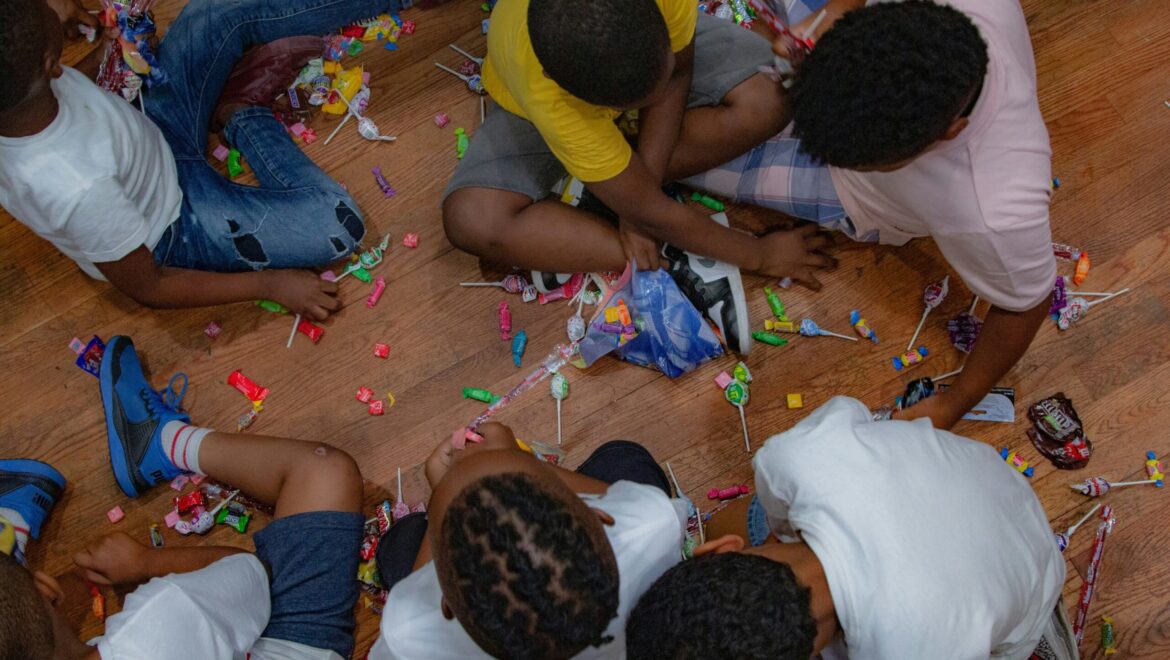

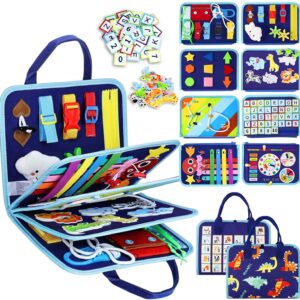
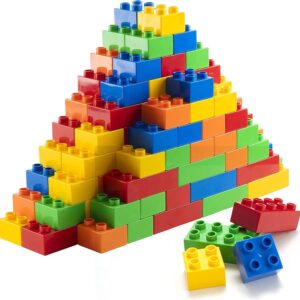


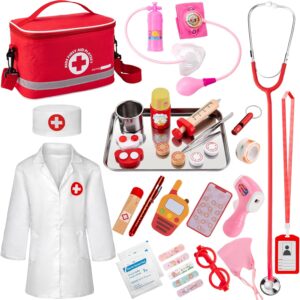
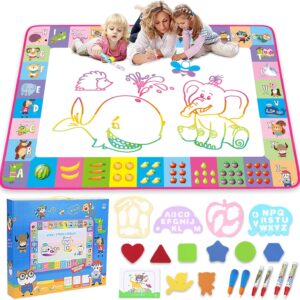
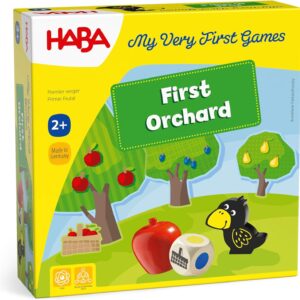

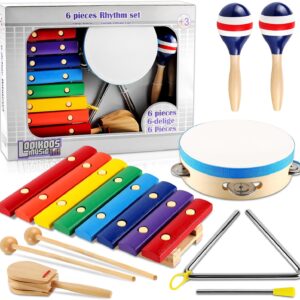
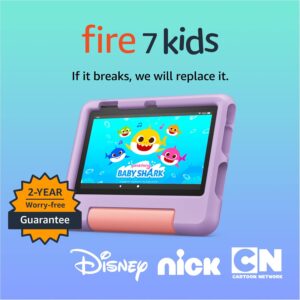
Add Comment